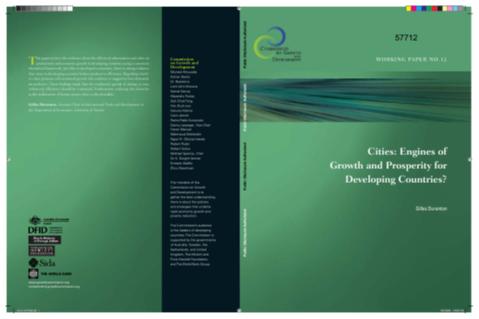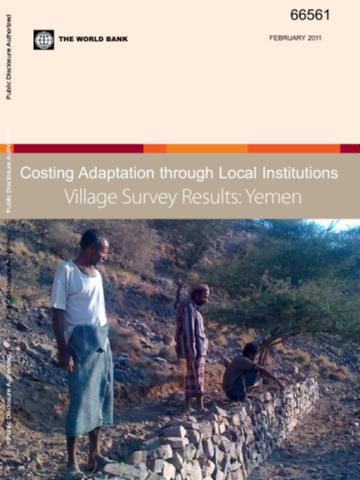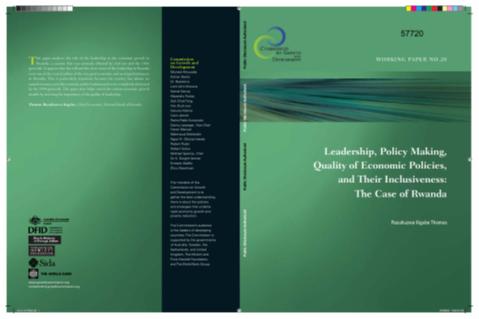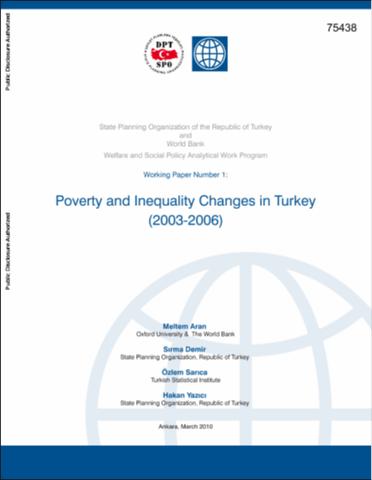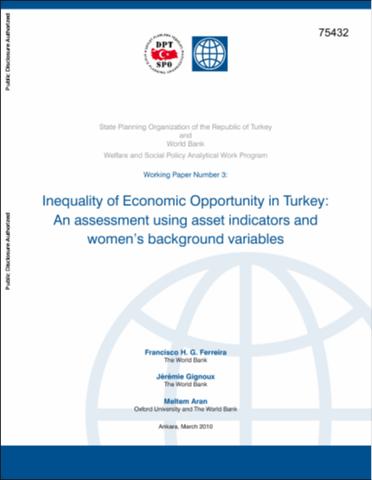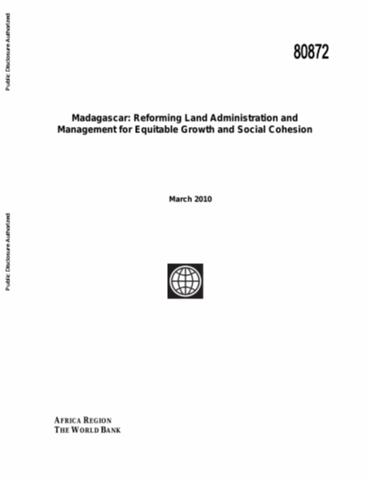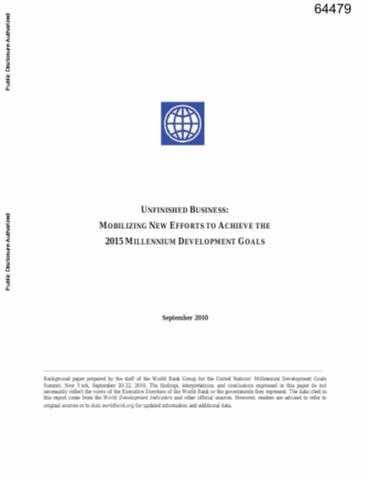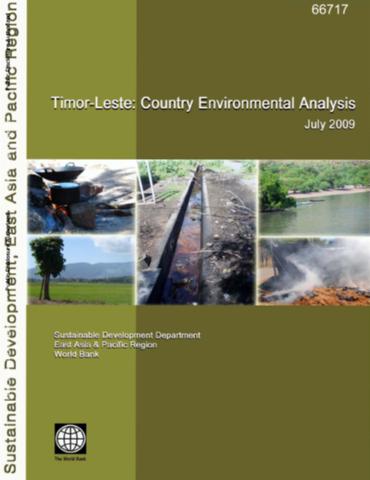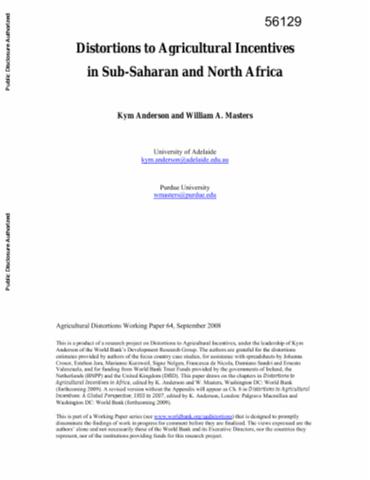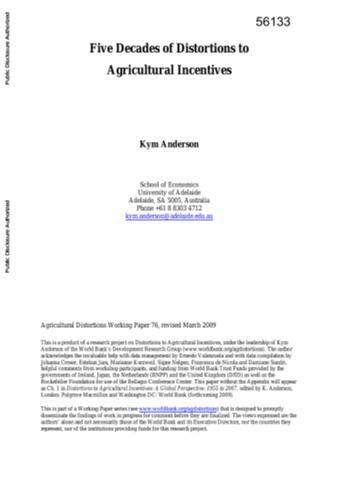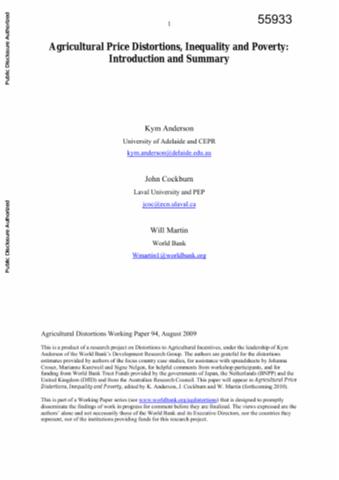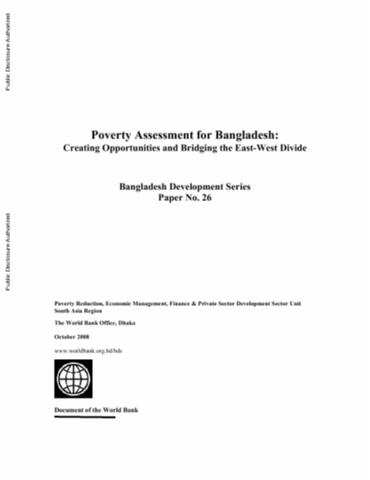Cities
This paper reviews the evidence about the effects of urbanization and cities on productivity and economic growth in developing countries using a consistent theoretical framework. Just like in developed economies, there is strong evidence that cities in developing countries bolster productive efficiency. Regarding whether cities promote self-sustained growth, the evidence is suggestive but ultimately inconclusive. These findings imply that the traditional agenda of aiming to raise within-city efficiency should be continued.

